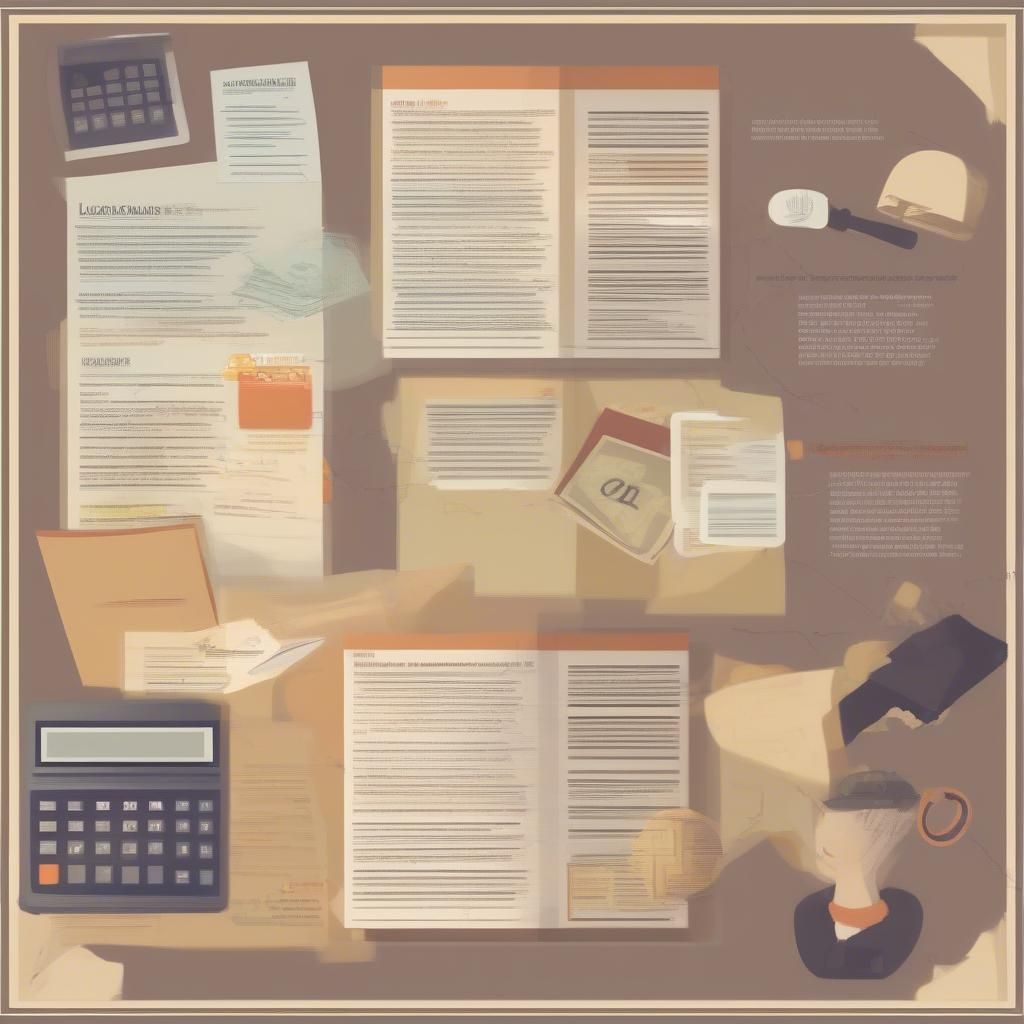Short term loans are a popular financing option for individuals and businesses needing quick cash. They are typically unsecured, meaning you don’t have to put up collateral like your home or car. Short term loans offer several benefits, including a quick and easy application process, fast funding, and flexible repayment terms. However, it’s essential to understand the terms and conditions of a short term loan before you borrow. This article will provide a comprehensive guide to Small Term Loans, covering everything from the different types available to the eligibility requirements and the potential risks.
What Are Small Term Loans?
A small term loan is a type of unsecured loan that is typically repaid within a year or less. They are often for a small amount of money, usually between $100 and $1,000, and can be used for various purposes, such as unexpected expenses, medical bills, or home repairs. The interest rates on small term loans are typically higher than traditional loans, but they can be a helpful option if you need cash quickly and have a good credit history.
Types of Small Term Loans
There are several different types of small term loans available, each with its terms and conditions. Some of the most common types include:
- Payday Loans: These are the most common type of small term loan. They are typically for a small amount of money, due on your next payday. Payday loans have high interest rates and fees, so it’s important to only borrow what you can afford to repay.
- Installment Loans: These loans are repaid over time, usually in monthly installments. They have lower interest rates than payday loans, but they also have longer repayment terms.
- Title Loans: These loans are secured by your vehicle title. If you default on the loan, the lender can repossess your car. Title loans have very high interest rates and fees, so they should only be used as a last resort.
- Line of Credit: A line of credit is a revolving credit line that you can borrow from as needed. You only pay interest on the amount you borrow, and you can repay the loan over time.
Eligibility Requirements for Small Term Loans
The eligibility requirements for small term loans vary depending on the lender. However, most lenders will require you to have:
- A steady income: Lenders want to ensure you can repay the loan, so you’ll need to provide proof of income, such as pay stubs or bank statements.
- A bank account: You’ll need an active bank account to receive the loan funds and make payments.
- A valid ID: You’ll need to provide a government-issued ID to verify your identity.
- A minimum credit score: Some lenders have minimum credit score requirements, so you may need to check your credit score before you apply.
Advantages of Small Term Loans
Small term loans offer several advantages, including:
- Fast and easy application process: You can often apply for a small term loan online or in person, and you’ll typically receive a decision within minutes.
- Fast funding: Once you’re approved for a loan, the funds can be deposited into your bank account as soon as the next business day.
- Flexible repayment terms: Some lenders offer flexible repayment terms, such as the option to make bi-weekly or monthly payments.
Disadvantages of Small Term Loans
While small term loans can be helpful in a pinch, they also have some disadvantages:
- High interest rates and fees: Small term loans have much higher interest rates and fees than traditional loans, so it’s essential to carefully consider the cost of borrowing before you apply.
- Short repayment terms: Small term loans have short repayment terms, which can make them difficult to repay. If you can’t repay the loan on time, you could end up with late fees, collection charges, and damage to your credit score.
- Cycle of debt: If you’re not careful, small term loans can trap you in a cycle of debt. It’s important only to borrow what you can afford to repay and to make sure you have a plan to repay the loan before you take it out.
Things to Consider Before Taking Out a Small Term Loan
Before you take out a small term loan, it’s essential to carefully consider the following:
- Do you really need the money? Small term loans should only be used for emergency expenses. If you can wait to save up the money, it’s usually a better option.
- Can you afford to repay the loan? Before you take out a loan, make sure you can afford to make the payments on time. Consider your income, expenses, and other debts.
- What are the terms of the loan? Be sure to carefully read the loan agreement and understand the interest rate, fees, and repayment terms before you sign anything.
- Are there any other options? There may be other options available to you, such as borrowing from a friend or family member, using a credit card, or taking out a personal loan.
Conclusion
Small term loans can be a helpful option if you need cash quickly and have a good credit history. However, it’s essential to understand the terms and conditions of the loan before you borrow. Be sure to compare rates from different lenders and only borrow what you can afford to repay. If you’re considering taking out a small term loan, make sure you carefully consider the risks and benefits before you sign anything.



